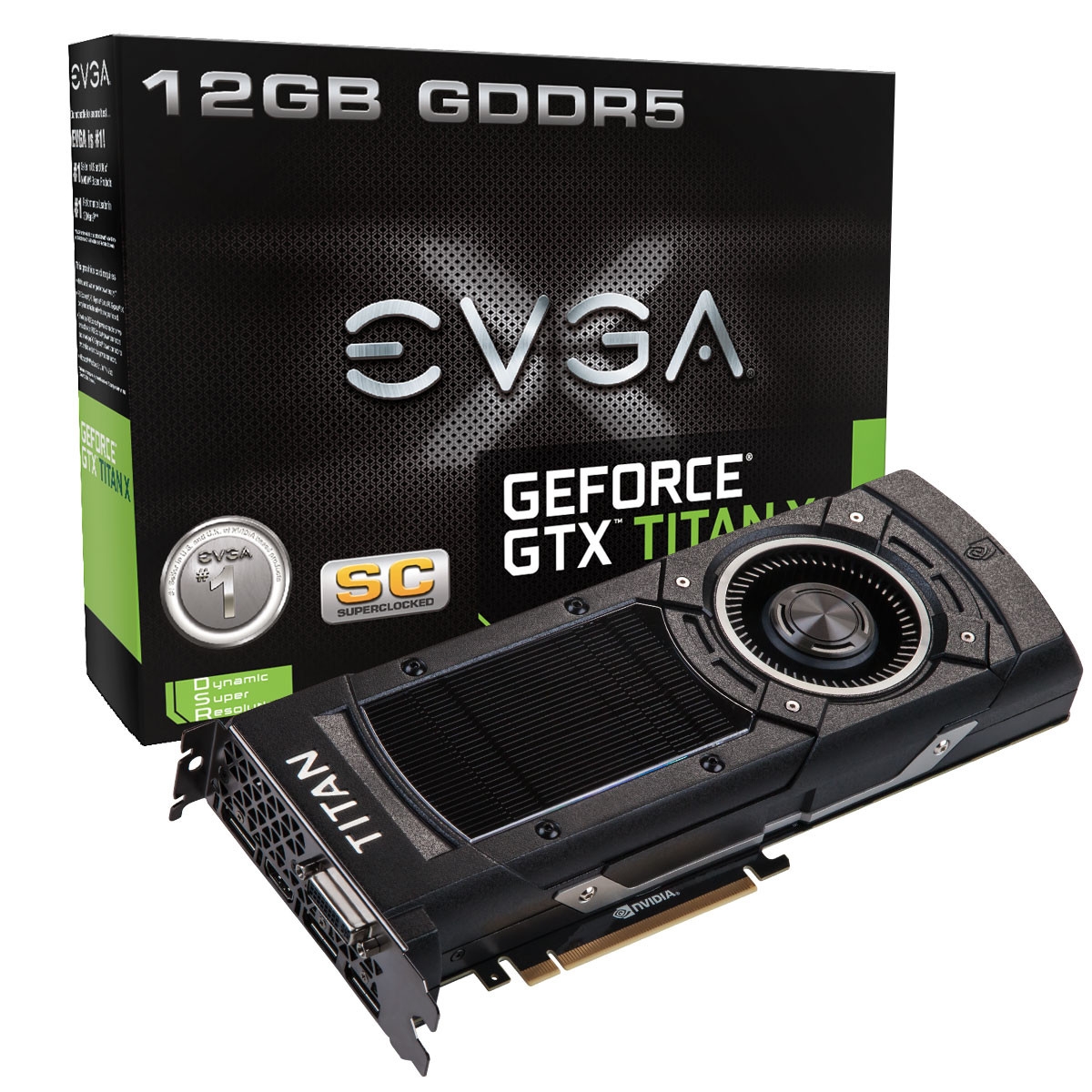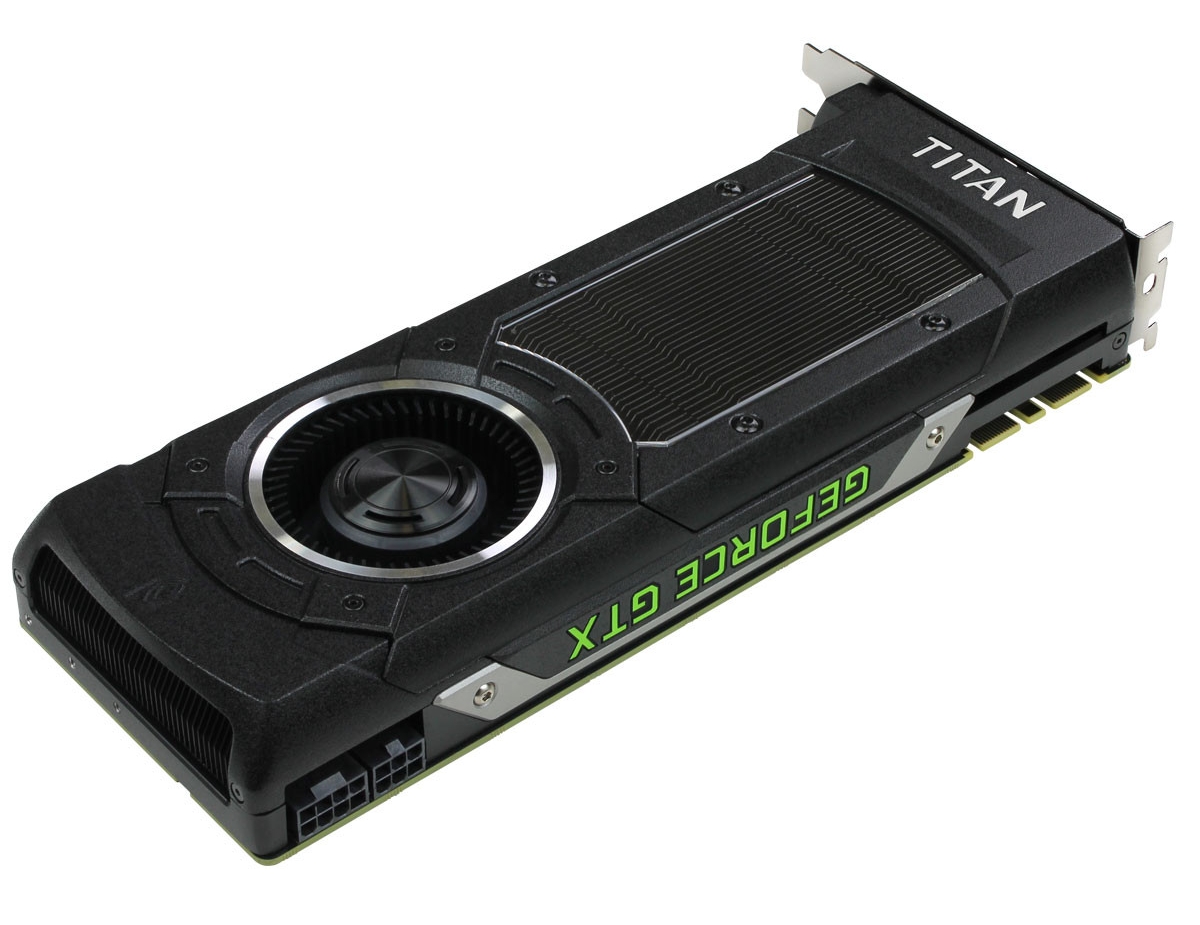While most partners will be focusing on Nvidia's reference design, mostly due to Nvidia's decision when it comes to Titan graphics cards and custom versions, EVGA apparently has no problems with those and has announced no less than three different GTX Titan X versions, standard, factory-overclock SuperClocked version and the Hydro Copper version with pre-installed full-cover water block.
In case you somehow missed it earlier last night, Nvidia's GTX Titan X is currently the fastest single-GPU graphics card on the market. It is based on Nvidia's 28nm GM200 Maxwell GPU and packs 3072 CUDA cores and 12GB of GDDR5 memory paired up with a 384-bit memory interface.
The EVGA standard GTX Titan X, which is already available, sticks to Nvidia reference 1000MHz for the GPU base, 1075MHz GPU Boost clock and 7010MHz for 12GB of GDDR5 memory. Unfortunately, EVGA still did not finalize the precise factory-overclock for SuperClocked and Hydro Copper version of the Titan X but according to our sources, those should be known pretty soon and probably before the end of this month so we will keep you updated.
The crown jewel is obviously the EVGA GTX Titan X Hydro Copper graphics card which will use the EK Water Block custom full-cover water block.
Both the standard EVGA GTX Titan X and the SuperClocked version are currently available for pre-order at EVGA's own web site priced at US $999.99 and US $1029.99, respectively. The EVGA GTX Titan X Hydro Copper version is still does not have a price but is listed at EVGA's own web store as well.









